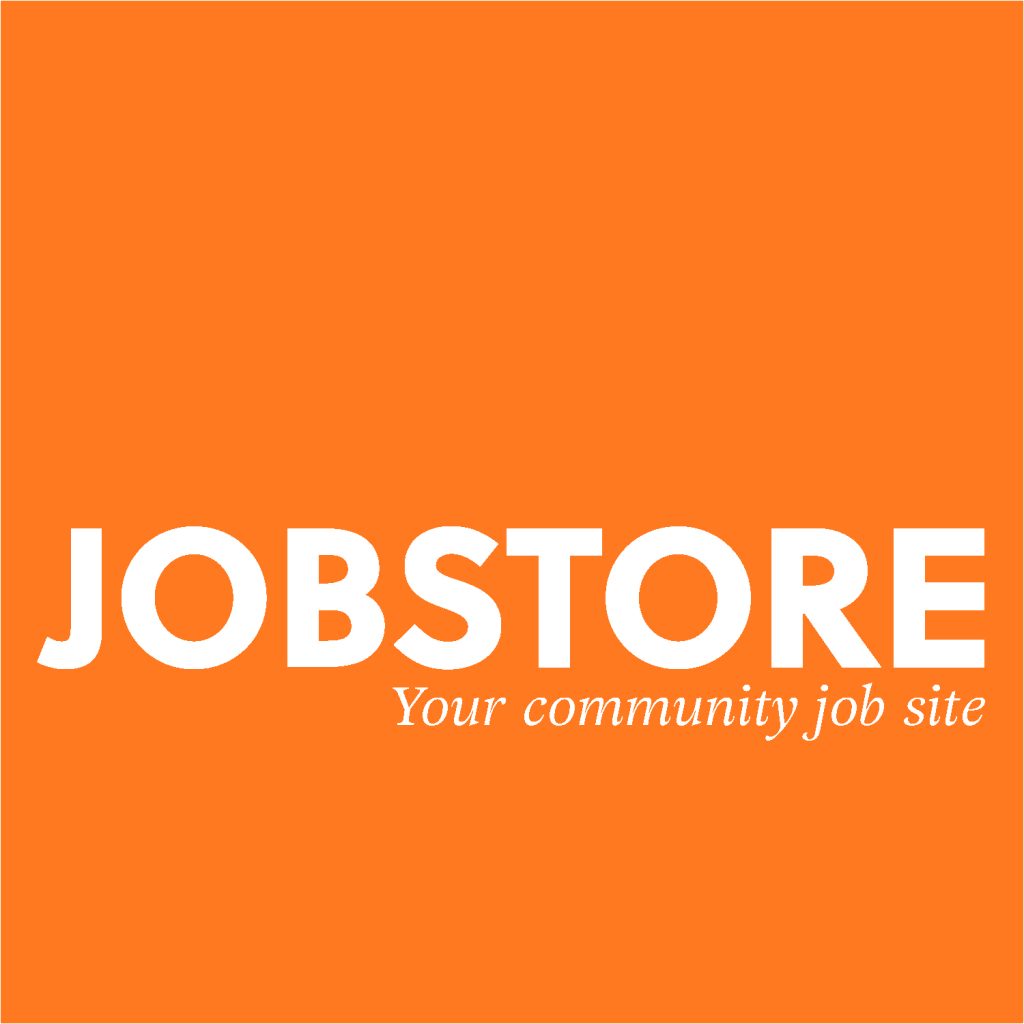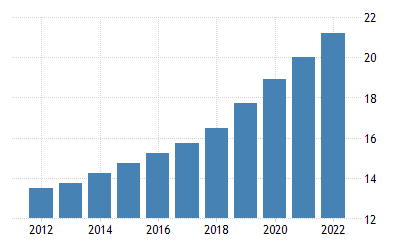
As a business owner or manager, you need to be ready for the increase in minimum wage rates on Friday, 1 April 2022.

If you have not yet talked to your accountant, payroll provider or your finance/HR teams, now is the time. It’s also an opportunity to check your employment records, processes and systems.
The details of the changes are:
- The adult minimum wage will increase from $20.00 to $21.20 per hour.
- The minimum wage for starting-out and training will go up from $16.00 to $16.96 per hour.
- All rates are before tax and any lawful deductions for example PAYE tax, student loan repayment, child support.
Here’s how to be ready for the increases:
1. Advise the team
If you have employees on the minimum wage, let them know about the increase they will be getting. You should send them a letter or email (variation of employment contract) advising them of the new wage.
2. Check your payroll systems and processes
Talk to whoever runs your payroll system – your payroll provider, accountant, lawyer, and HR or finance people – to make sure they are ready to implement the changes.
If your system is manual or computer-based, you should check and confirm the settings will be adjusted for the new rates.
If any of your employees are on starting-out or training wages, now is a good time to check when they will be eligible to move onto the adult rate.
If any employment agreements (contracts) are not current or you did not give one to your employees, now is an ideal time to discuss this in good faith with your employees. Update the contract with any terms and conditions that were agreed to by both parties before the contracts were last reviewed. Make sure they include all the mandatory clauses a contract should have by law. Another useful tool is the employment agreement builder, if your employees do not have one.
Things an employment agreement must contain
3. Employee pay relativity
You may also wish to consider potential impacts on your business due to internal wage relativity (for example, how employees are paid compared to each other) and external benchmarking (for example, how your pay rates compare to others in your industry or sector). Higher-up employees may possibly want to negotiate a pay increase to maintain the relative difference.
4. Update your business budget
You should add any expected increased costs to your short and medium-term budget forecasts, to help you plan for and manage the effect of higher wage and holiday pay liabilities.
If your business is expecting significantly increased costs, you may wish to review your pricing, taking into consideration any possible reaction by customers.
5. Upskill on minimum wage obligations
Now is also an ideal time to ensure you know the details around the minimum wage, including that:
- It applies to all hours worked, unless both parties agree to a higher rate in the employment agreement.
- It applies to employees paid with a salary or piece rates or commission.
Note the minimum wage does not apply in some situations including:
- employees under 16 years of age
- where a Labour Inspector has issued a minimum wage exemption permit to an employee who has a disability that limits them carrying out the requirements of their work.